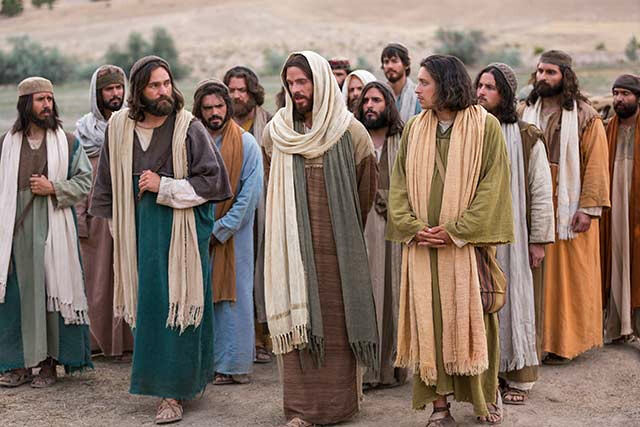Discipleship

The term "disciple" is derived from the a Greek word mathetes,[1] which means a pupil (of a teacher) or an apprentice (to a master craftsman), coming to English by way of the Latin discipulus meaning a learner while the more common English word is student. A disciple is different from an apostle, which instead means a messenger. While a disciple is one who learns from a teacher, an apostle is one sent to deliver those teachings or a message.
In Matthew, "Then the eleven disciples went to Galilee, to the mountain where Jesus had told them to go. When they saw him, they worshiped him; but some doubted. Then Jesus came to them and said, “All authority in heaven and on earth has been given to me. Therefore go and make disciples of all nations, baptizing them in the name of the Father and of the Son and of the Holy Spirit, and teaching them to obey everything I have commanded you. And surely I am with you always, to the very end of the age.
What Jesus told His Apostles was to make disciples. But as disciples we are to grow in the Faith, learn more and more from the Bible and spiritual leaders in our Church and then become apostles ourselves. For how could we spread the Good News if we aren't learned in what the Good News is? Find disciples then those disciples grow in the knowledge of the Lord and then become apostles to spread the message....from Master to student then student becomes Apostle to find more disciples.
What are we doing to grow from disciple to Apostle???

1 Comments
At first I didn't really understand what you meant by BEING an Apostle. It kind of sounded like you were making a progression like a journeyman electrician or a plumber. But after looking it up I realized it is a natural progression.
The noun apostolos [ajpovstolo"] appears seventy-nine times in the New Testament (ten in the Gospels; twenty-eight in Acts; thirty-eight in the Epistles; and three in Revelation). The vast majority of these occurrences are found in Luke-Acts (thirty-four) and in the Pauline epistles (thirty-four), and refer to those appointed by Christ for a special function in the church. Their unique place is based not only on having witnessed the resurrection, but also on having been commissioned and empowered by the resurrected Lord to proclaim the gospel to all nations.
That is the great commission that Jesus talks about in Matthew 28:18-20 to "go out and make Disciples of all nations whatsoever you've learned of me...... and low I am with you even unto the end of the age.